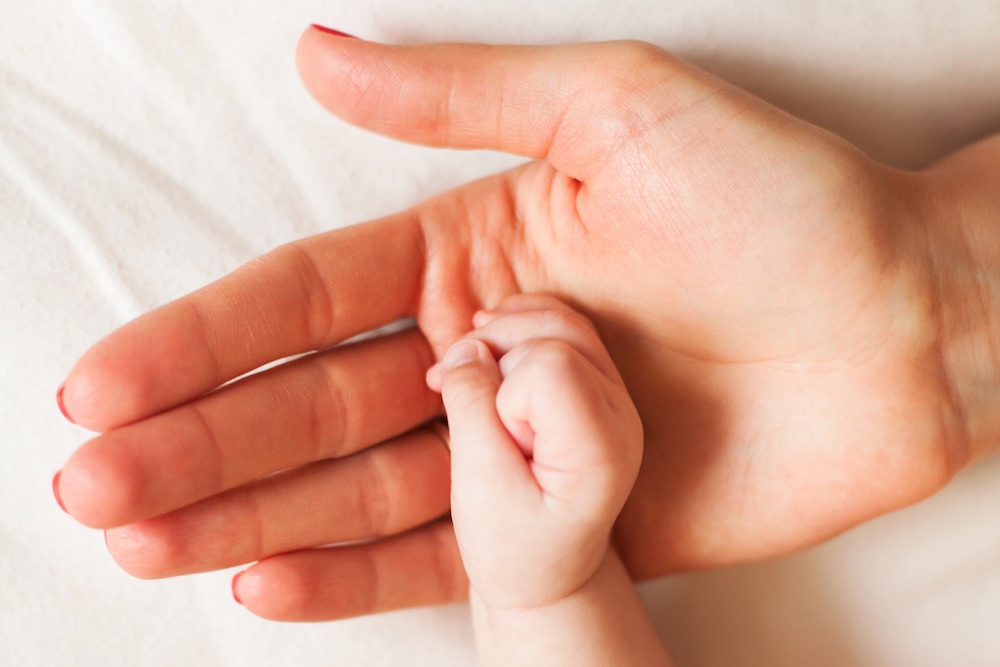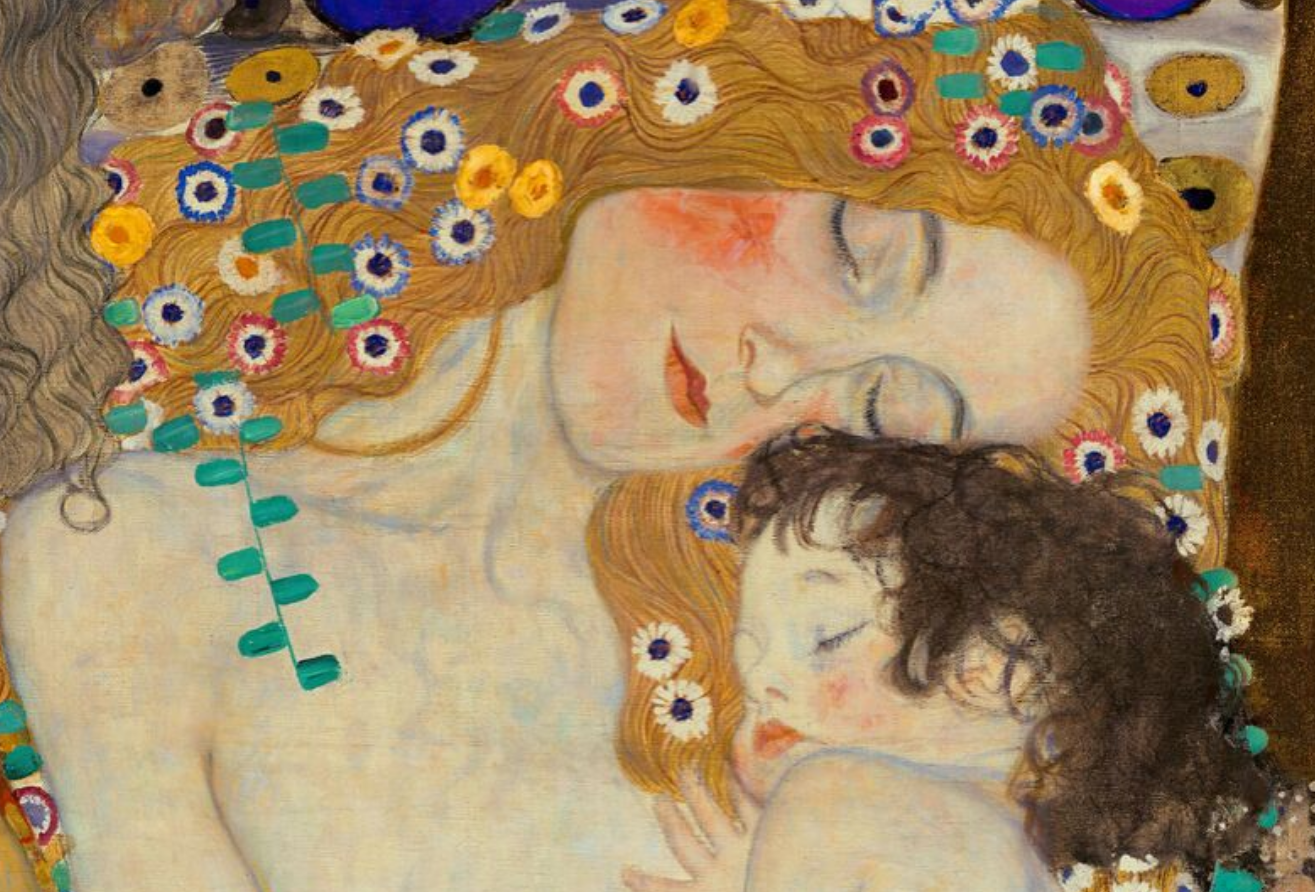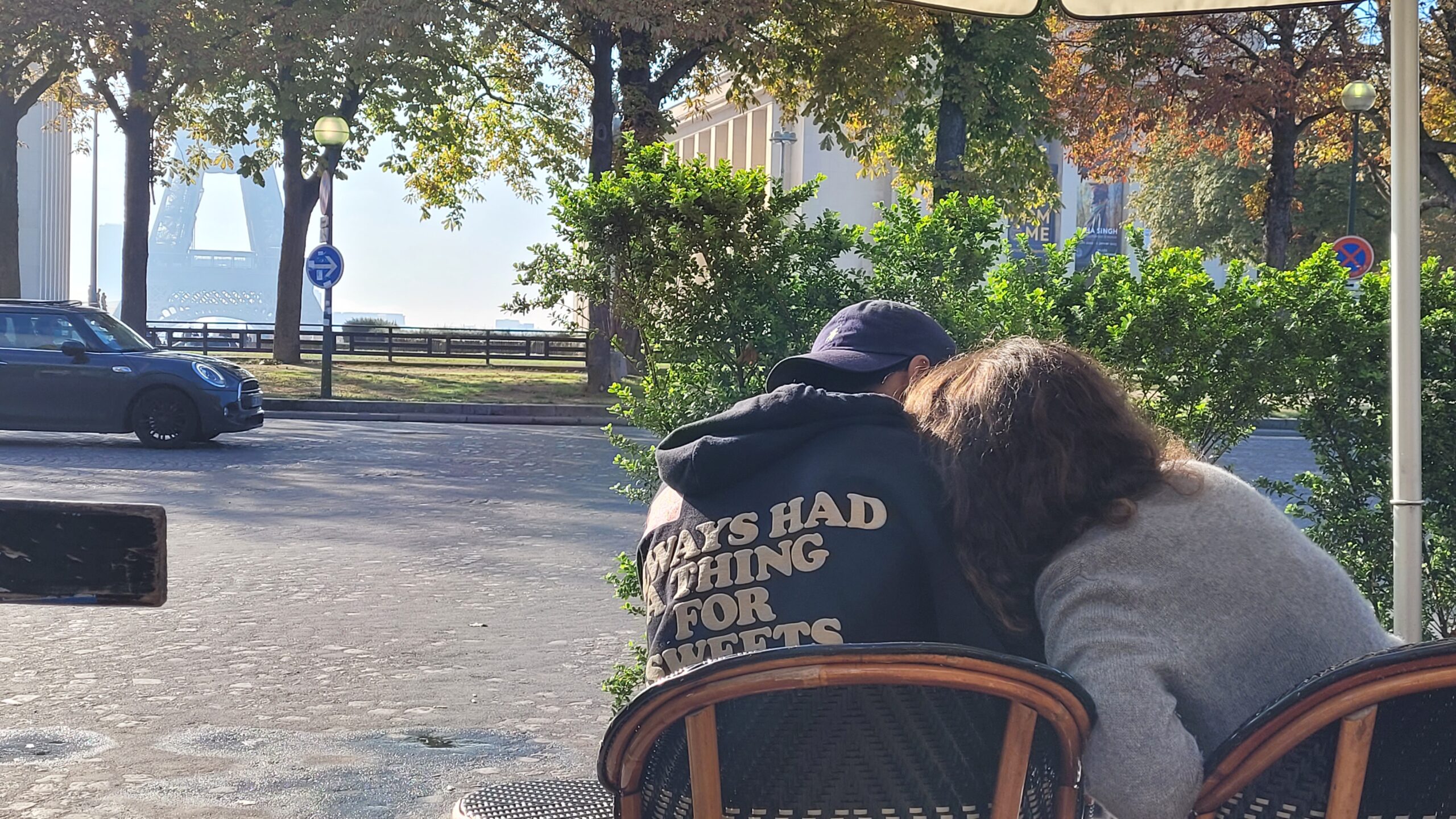Abandonment, pain, childhood insecurities… Working in child protection services can certainly get you to question your certainties regarding parenting. It might even get you to reconsider what we think are basics, and wonder why no class is ever given as to how to be a good parent or how to properly raise a child…
If you are reading this article, you are probably trying to learn what no one has ever taught you, what no school ever prepared you for. As a matter of fact, almost everything we know about parenting comes from our personal experience of it: our own childhood.
Trying to overcome this subjective boundary, I have put together a few lessons I have learned by seeing the unthinkable happen, on a daily basis. I hope this serves you as well.
Secure your child
If you’ve heard about Maslow’s hierarchy of needs, you won’t be surprised that I first mention physical integrity. But Maslow’s hierarchy has been improved ever since. When it comes to childhood, psychological integrity can be as important, if not more…
Protect his physical integrity
Unless you have worked in child protection, you know that this part is at the core of any child bearing experience. Ensuring your child’s physiological needs to make sure he develops well can seem obvious, but it is already a job done!
Protecting a child’s physical integrity means protecting him from disease, physical wounds and any harm done to his body. Enveloping your child with care, respecting his territory, and making sure everyone does so as well: more often than none, a child’s abuser lies in his closest surroundings…
Protect his psychological development
Harlow’s Monkey Experiment has allowed us to question Maslow’s theory by showing the necessity of psychological warmth in child care. Contact and comfort, warmth, security of attachment, can be even more important than food for a baby. I’ll leave you with this self-explanatory video to explain:
Securing your child does not mean not exposing him to insecurities, it means being present to help him deal with them. Respond to your child’s demands, but don’t do the job for him. Be there with coherence, warmth, and consistence, to teach him how to deal with life.
Arm him
“Don’t handicap your children by making their lives easy.” Robert A. Heinlein
Your child will cry, will have nightmares, will experience stress: do not prevent him. You can’t, and you won’t. You can only be there for him or her, no matter how hard it is to see them cry. What you can do however is help him/her identify these emotions, and learn how to cope with them: this will be a necessary step for their future.
Immanuel Kant used to think that the worst despotism is wanting someone else to be happy – so much that it becomes an injunction. In doing so, you might suppress their own identification with themselves. They might even put on a mask and invert the dependency in order for you to be happy!
Let them get hurt, let them fall, but let them know you’re there. But don’t cheer them up all the time, don’t overprotect them: arm your children to face the world you are already living in.
If you don’t, they might learn it the hard way – or worse: they might run from reality, trying to maintain a surrealist view of a world they were never meant to face…
Not too much though: your children can’t think like adults do
I used to receive children that worried about financial issues, or issues in their parents’ relationship. Children cannot understand adult issues; they should not need to be able to deal with them.
Again: do not underestimate how much a child is willing to fake things, to make his parents smile – it is vital for them. If you are unhealthy, their own survival is at risk: they will instinctively do everything in their power to ensure your survival and well-being before their own!
Do not bring your child into your adult world. He/she may seem fine, he may seem to understand your pain and cope with it, but he really can’t. Which leads me to my last and final point…
Protect the child in you.
In 1807, William Wordsworth wrote “The child is father of the Man“.
Parenting is not an easy job yet it is by far the most important job you will ever have. In order to be a parent, you need to start by being your own caregiver. This will not only reassure your child, but also show him the way to a secure adulthood, presenting a vision of a world that is reassuring and stable.
Your child will think through you, and see through your eyes, so make sure you get the help you need when you get overwhelmed, and make sure you are not alone.
This is also important when your role as a parent stops; when you need to let your child become an adult. One day, your child will grow up, and the child in you might want to prevent this. The same rules will then apply to your own self-parenting: seek help when you are hurt, arm yourself when you feel helpless, do not take on more than you can afford.
I sincerely hope to have helped by sharing these thoughts. But I do believe that someone, long ago, has said it better than me. I will conclude with his words, as there is no bigger beauty than science and art combined through the words of our Lebanese national pride, Gibran Khalil Gibran:
Your children are not your children.
They are the sons and daughters of Life’s longing for itself.
They come through you but not from you,
And though they are with you yet they belong not to you.
You may give them your love but not your thoughts,
For they have their own thoughts.
You may house their bodies but not their souls,
For their souls dwell in the house of tomorrow,
which you cannot visit, not even in your dreams.
You may strive to be like them,
but seek not to make them like you.
For life goes not backward nor tarries with yesterday.
You are the bows from which your children
as living arrows are sent forth.
The archer sees the mark upon the path of the infinite,
and He bends you with His might
that His arrows may go swift and far.
Let your bending in the archer’s hand be for gladness;
For even as He loves the arrow that flies,
so He loves also the bow that is stable.






